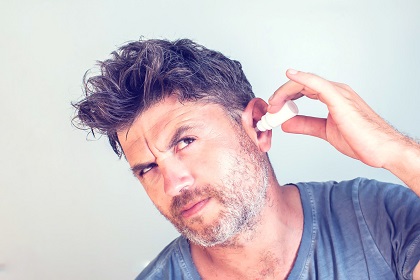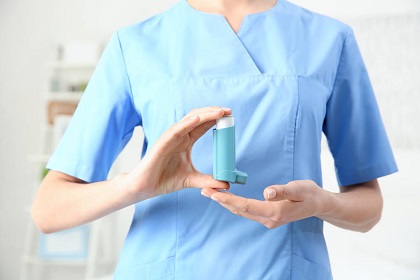Search
Allergic rhinitis (AR) is caused by small airborne particles that behave as allergens in our nasal passages. These allergens provoke an allergic reaction and our body produces substances that cause swelling and congestion (inflammation). When this happens, it is known as rhinitis. AR often runs in families.
The usual symptoms are an itchy runny nose and sneezing. Sometimes, the mucus from the nose will run down the back of your throat (postnasal drip). For some, the symptoms go beyond the nasal passages and affect the eyes, ears, throat, and even sleep.
AR can be seasonal (occurring during specific seasons) or year-round. Seasonal AR allergens include pollens from trees, grasses, and weeds. Year-round AR allergens include dust mites, cockroaches, animal dander, etc. For some people. this becomes a lifelong condition that waxes and wanes over time.
What medicines will my doctor give me?
Your doctor will provide you with devices you can use to rinse your nose. Besides helping to clean the insides of the nose, this helps to get rid of pollen and other allergens.
Your doctor may also give you some steroid nose sprays. They help to lessen the swelling in the nose, nasal congestion, and post-nasal drip. It can take up to days and weeks before they work. They are only effective if you take them daily.
Your doctor may also give you some antihistamines and decongestants to help with itching, sneezing, and runny nose symptoms. We advise that you do not use the decongestants more than instructed by your doctor, as overuse will sometimes make your symptoms worse.
If required, your doctor may refer you to an Ear, Nose and Throat (ENT) specialist or offer you other treatments such as allergy shots or pills.
What can I do at home to feel better?
DOs
• Rinse your nose
• Take medications as instructed to control your symptoms
DON'Ts
• Avoid allergens that will make you feel worse (including cats or dogs)
• Don't be around freshly cut grass or raked leaves
• Don't smoke and avoid second hand smoke
How do I prevent allergic rhinitis?
If you get symptoms at the same time every year, talk with your doctor. Some people can prevent symptoms by starting their medications 1 to 2 weeks before that time of the year.
When can I return to work? When can my child return to school?
You can resume your normal activities once you feel better. It is important to know if the environment has allergens that will make you feel worse. If so, please avoid them and rest at home until you feel well.
When should I see my doctor again?
Please contact your doctor if you have:
• Fever
• Ear or sinus pain, or a headache
• Worsening symptoms even after treatment
• Pain or bleeding from inside your nose
• Blood when you cough
With reference to www.uptodate.com
Click the link for more information on E.N.T Clinical Service
Click the link for more information on Family Medicine Clinical Service
Click the link for more information on Pediatrics Clinical Service











